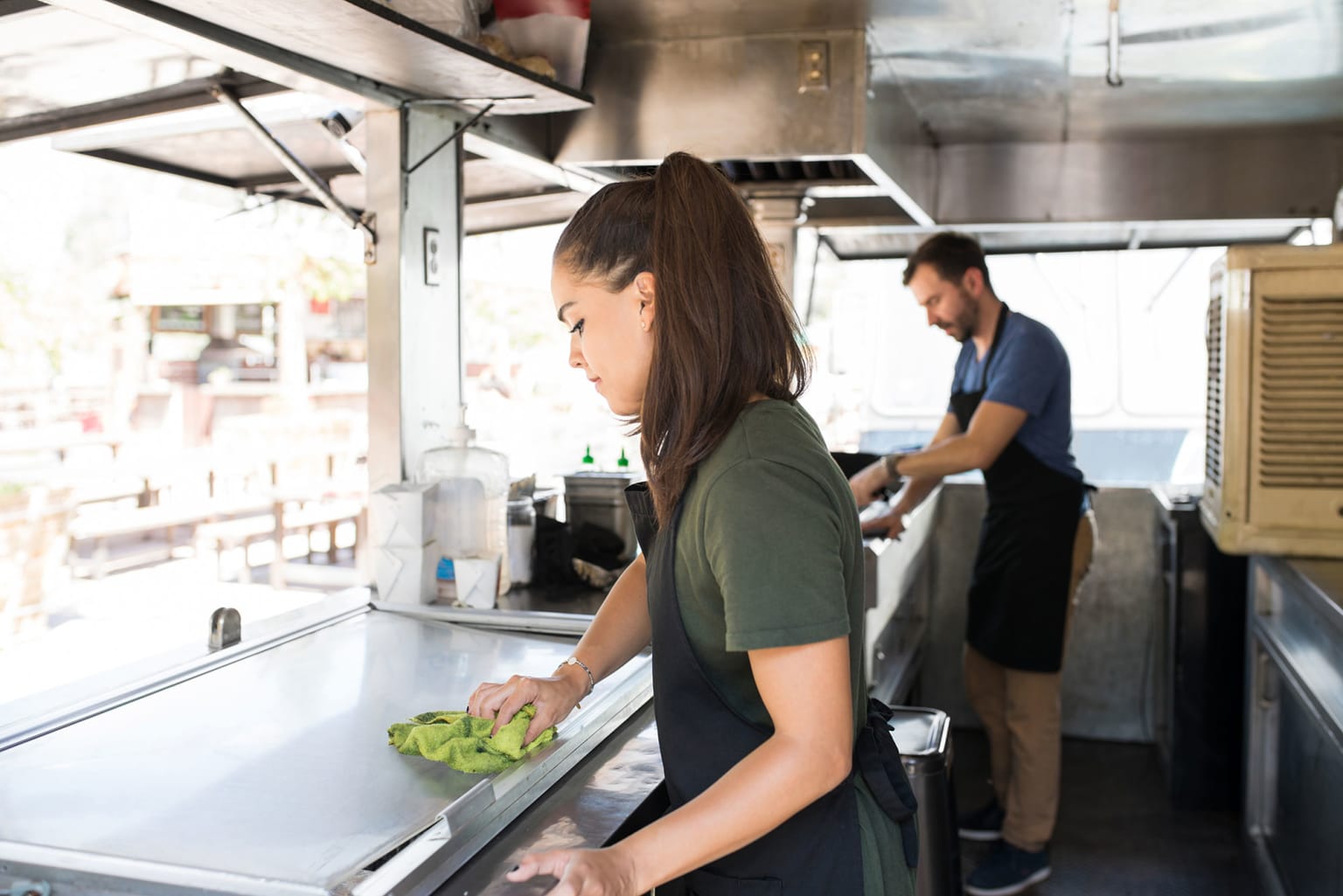Concession Stand Inspection Checklist

When it comes to inspecting your facilities at the start of a season or before the start of the Little League® International Tournament, it’s important to remember that safety considerations extend beyond the field, dugouts, and bleachers. You’ll need to ensure that all of the areas within your facility frequented by players, spectators, and staff are operational and don’t present safety hazards.
One of the busiest areas of any Little League field is the concessions stand. It’s also an area that can present a number of safety issues for workers who staff it. So it’s essential that all aspects of the concessions stand are thoroughly and regularly inspected to avoid injuries.
Here’s a checklist for inspecting your concessions stand:
Cooking Appliances and Equipment
Most concession stands house a variety of appliances and equipment for cooking. Make sure that whatever cooking appliances your concessions stand features are in good working order.
Electrical Outlets and Sinks
Take the time to go around to every electrical outlet in the concession stand and test them to make sure they’re working properly. This also is a good time to check your sinks and faucets to ensure that you’ll have the clean water you’ll need.
Countertops, Tables, and Floors
Food and debris left over from the previous game can be the source of serious health concerns if it’s attracted insects and rodents. Scan these areas carefully to make sure this hasn’t happened. Speaking of pest control, keep an eye out to make sure any pesticides are stored away from any food.
Train Your Staff
One of the best ways to avoid injuries and safety issues in the concessions stand is by properly training the workers who will staff it. This includes giving clear guidelines on operating equipment and creating a safe working environment.
Bring in the Pros
If possible, it may be a good idea to enlist the help of a local restaurant manager to come in and take a look to ensure you haven’t missed anything with your safety inspection. And, you also can consult your local or state health inspection office with any questions; or if you’re unsure about anything.